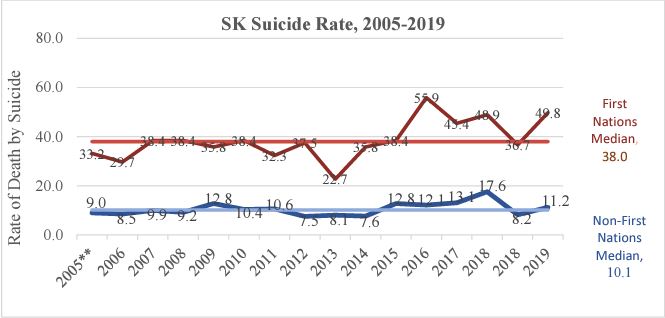
Indigenous communities continue to benefit from mobile mental health buses
There is hope that a project providing much-needed mental health care to several Indigenous communities over the past two years will expand.
In 2021, the Saskatoon Tribal Council (STC) Mobile Mental Health Bus was launched thanks to a partnership with the Jim Pattison Children’s Hospital Foundation as well as the provincial government, Medavie Health Services, and Synergy 8 Community Builders.
In its first year of operation, the Children’s Hospital Foundation said the bus saw 690 mental health patients in the seven First Nation communities that make up the STC. This past spring, two mobile mental health vans were added to the program.
“It’s a huge benefit. It’s a big impact because now we are taking the service directly to the community,” said Chief Mark Arcand of the STC.




